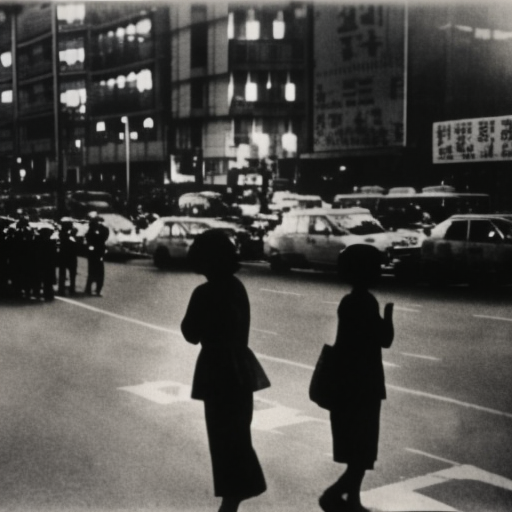Gwangju Uprising: A Struggle for Democracy in South Korea
The Gwangju Uprising, also known as the May 18 Democratic Uprising, was a significant event in South Korean history that took place in the city of Gwangju in May 1980. It was a pro-democracy movement led by students and citizens who were demanding political reforms and an end to the military dictatorship that had been in power since 1961.
The Background
South Korea had experienced a series of military coups since its establishment in 1948. In 1961, General Park Chung-hee seized power and established a military dictatorship. Despite some economic successes during his rule, Park’s regime was characterized by political repression and the suppression of dissent.
In 1979, Park was assassinated, and his successor, General Chun Doo-hwan, continued the authoritarian rule. However, the people of South Korea were growing increasingly frustrated with the lack of political freedom and the government’s heavy-handed tactics.
The Spark
On May 17, 1980, university students in Gwangju began protesting against the government’s decision to impose martial law and suppress political activities. The protests quickly spread throughout the city, with thousands of citizens joining in solidarity.
The Uprising
The Gwangju Uprising lasted for nine days, from May 18 to May 27, 1980. The protesters, mainly students and citizens, took control of the city and established a makeshift democratic government. They barricaded the streets, set up roadblocks, and armed themselves with whatever weapons they could find.
The South Korean military responded with brutal force, using tear gas, batons, and firearms to suppress the uprising. The clashes between the protesters and the military resulted in numerous casualties on both sides.
The Aftermath
On May 27, the military launched a full-scale assault on the city, using tanks and helicopters to regain control. The violent crackdown resulted in the deaths of hundreds, if not thousands, of protesters. Many were arrested, tortured, and imprisoned for their involvement in the uprising.
The Gwangju Uprising shocked the nation and sparked outrage both domestically and internationally. It became a turning point in South Korea’s struggle for democracy, galvanizing opposition to the military regime and inspiring future pro-democracy movements.
The Legacy
The Gwangju Uprising played a crucial role in the eventual transition to democracy in South Korea. The sacrifices made by the protesters and the atrocities committed by the military during the uprising exposed the true nature of the authoritarian regime.
In the years following the uprising, public pressure for political reforms intensified, leading to the establishment of a new constitution in 1987 and the first free presidential election in 1988. The events of Gwangju became a symbol of resistance and a rallying cry for democracy in South Korea.
Today, the Gwangju Uprising is commemorated as a national holiday in South Korea, known as “May 18th Memorial Day.” The city of Gwangju has become a symbol of democratic struggle and a center for activism and human rights.
In conclusion, the Gwangju Uprising was a pivotal moment in South Korean history, marking a significant step towards democracy. The bravery and determination of the protesters in Gwangju, who stood up against a repressive regime, continue to inspire generations to fight for freedom and justice.












